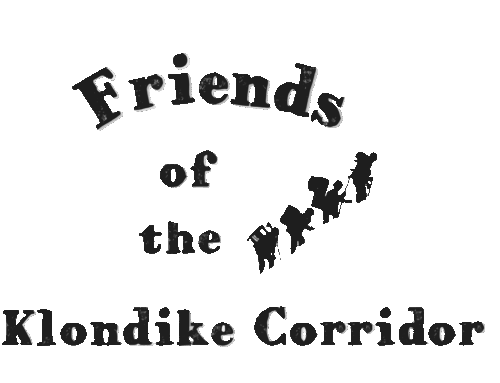By Gretchen Wehmhoff
Skagway’s Emergency Operations Center (EOC) released its plan of action should a COVID-19 case show up in Skagway. The plan, pulled together by the members of the EOC with input from the public and assembly, focuses on three general scenarios.
Scenario A resembles the current situation with no known cases in Skagway. Protocols remind residents of the importance of good handwashing, covering sneezes and coughs and to avoid touching one’s face. It also outlines the current practices of wearing masks, maintaining social distancing and getting tested if sick.
Scenario B comes into play when a case of COVID-19 shows up in Skagway, but there is no known community contact or the case is related to travel to Skagway and the person had no community contact.
In this case, the EOC would direct the borough manager to notify the community that a case has been detected, detailing that there was no known contact within the community. According to the protocols, there is the assumption that, with a high level of confidence, the infected person has been sheltering in place or quarantined until they receive testing results.
The third, and most action-oriented scenario, C, is in anticipation of a community spread of the virus. In this case, the EOC would notify the town and implement a seven-day shelter in place for the entire community with increased community testing.
Ryan was not sure how the increase in testing would look, but assured that it would be safe and at no cost to residents.
Sheltering in place means no group gatherings would be permitted, residents should stay home with the exception of working in critical jobs, seeking health care or fresh air without contacting others.
In addition, all businesses and municipal facilities would be closed to public access while allowing curbside pick-up and delivery services only for non-critical businesses. For critical businesses, masks would be mandatory.
The critical businesses defined by the EOC are: Alaska Seaplanes, Fairway Market, Grizzly’s, the post office, Skagway Hardware, You Say Tomato, Wells Fargo Bank and those businesses defined as critical by Res. No. 20-11R.
After the seven-day shelter in place, critical businesses may open for public access by appointment with an approved mitigation plan. Businesses may request a determination defining it as critical or non-critical from the borough manager.
Este Fielding, Dahl Memorial Clinic (DMC) director, reports that there have been 444 tests given as of Aug. 26; all of them reported as negative. If a test did indicate a positive result, the clinic would notify the patient and the state epidemiological offices. The State of Alaska Division of Public Health would process all contact tracing.
Borough Manager, Brad Ryan, said the number of tests does not necessarily indicate a specific number of Skagway residents have been tested as it includes repeat testing, travelers and residents who are returning from travel.
The DMC schedules COVID-19 test appointments from 9 a.m. to 3 p.m. Monday through Friday, and Saturday from 8:30 a.m. to 4:00 p.m. Dahl says the clinic schedule for testing fills quickly and suggests planning ahead.
The Skagway Traditional Council (STC) plans to assist SouthEast Alaska Regional Health Consortium (SEARHC) in providing additional COVID testing on the weekends. The SEARHC tests will be self-swab tests with technician assistance. More details will be available from STC when the program begins.
Both Ryan and Fielding noted that if a positive test from a contact in Skagway comes from another testing facility, it will be up to the State to notify them.
Fielding, a member of the EOC, reported at the Aug. 6 assembly meeting that the Dahl staff was exhausted, but still dedicated to Skagway’s public health.
“Skagway has been very proactive. We appreciate their response [to the pandemic], said Fielding.







Leave A Comment